Supreme Court Strikes Down Religious Liberty Case
In 2021, Connecticut passed a law removing religious exemptions for vaccinations required by public schools and childcare facilities.
This significant change meant that children could no longer skip vaccines based on religious beliefs, though medical exemptions remain. This move aimed to bolster public health during the COVID-19 pandemic.
Decline in School Vaccination Rates
Before the 2021 law, many parents claimed religious exemptions, leading to a noticeable drop in vaccination rates in Connecticut schools. This decline raised concerns as unvaccinated students contributed to outbreaks of preventable diseases.
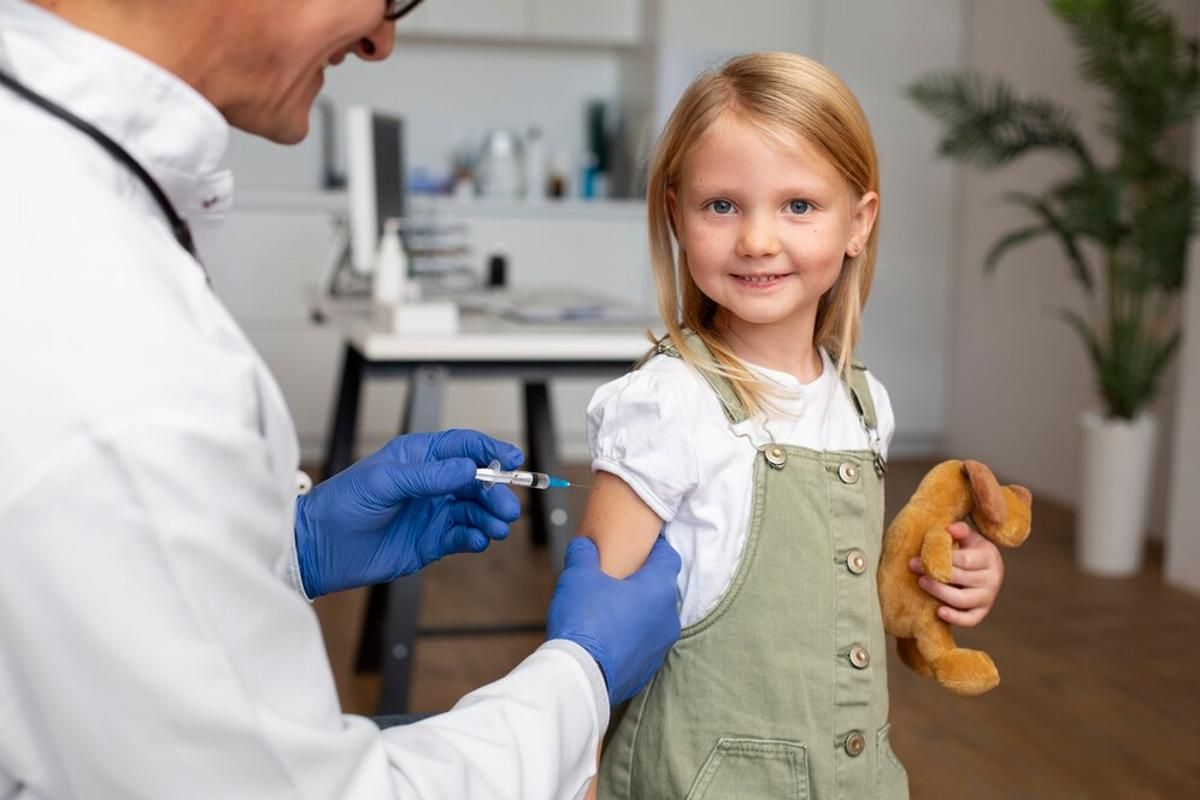
Source: Freepik
Schools were forced to notify parents about these outbreaks, emphasizing the importance of vaccination.
Supreme Court's Decision
Last week, the U.S. Supreme Court declined to hear the case challenging Connecticut’s 2021 vaccination law. This decision upheld a federal appeals court ruling that supported the state’s legislation.
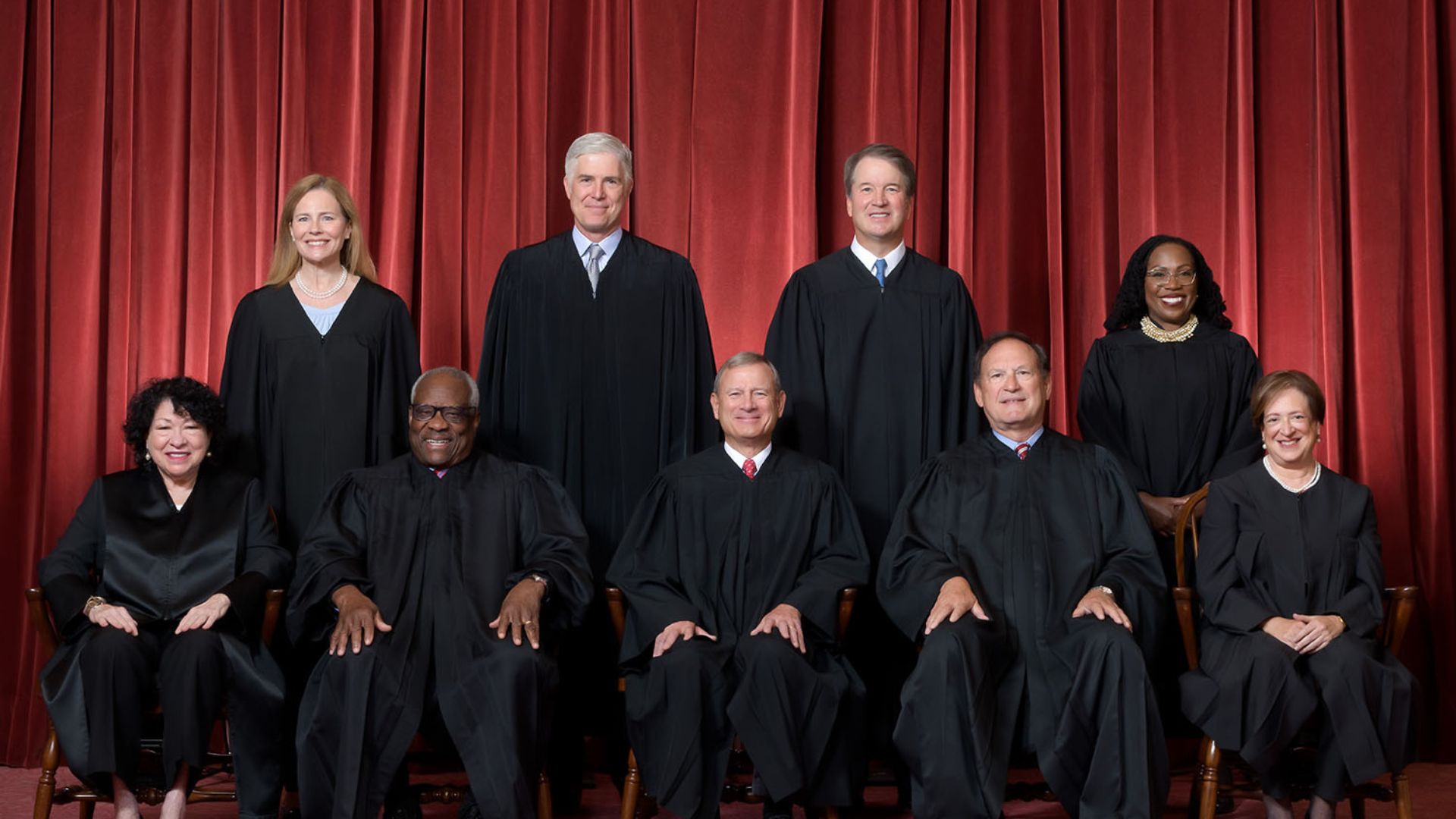
Source: Public Domain/Wikimedia Commons
No explanations were provided by the justices, leaving many questioning the court’s stance on religious liberty.
Reactions from Advocacy Groups
We The Patriots USA, a group challenging vaccine mandates nationwide, expressed disappointment over the Supreme Court’s decision.
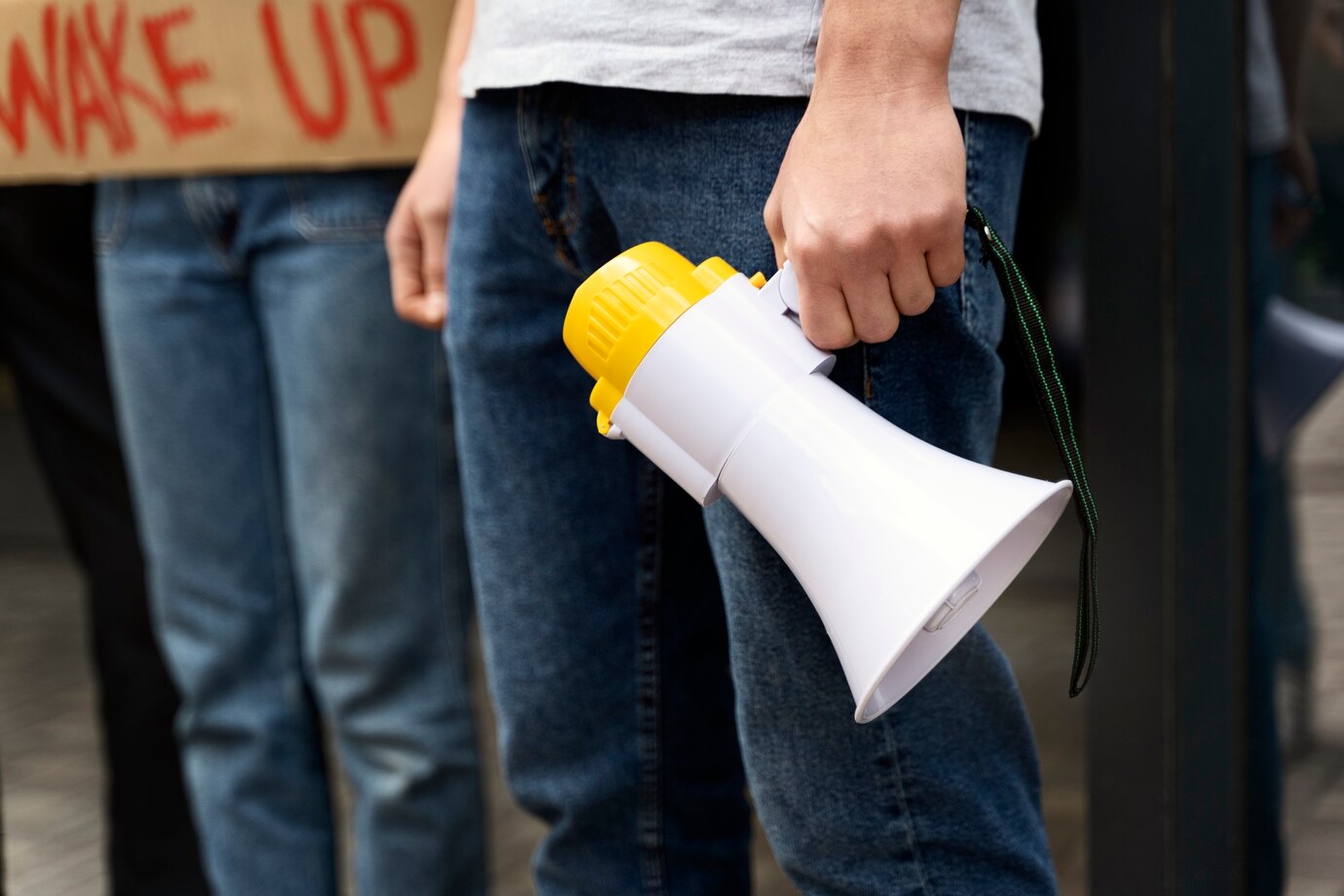
Source: Freepik
Brian Festa, the organization’s vice president, stated that they would continue their fight against the law through ongoing litigation efforts. This decision was a setback, but not the end of their legal battle.
Attorney General Praises the Decision
Connecticut’s Attorney General, William Tong, praised the Supreme Court’s decision, reinforcing the importance of the state’s vaccination laws.
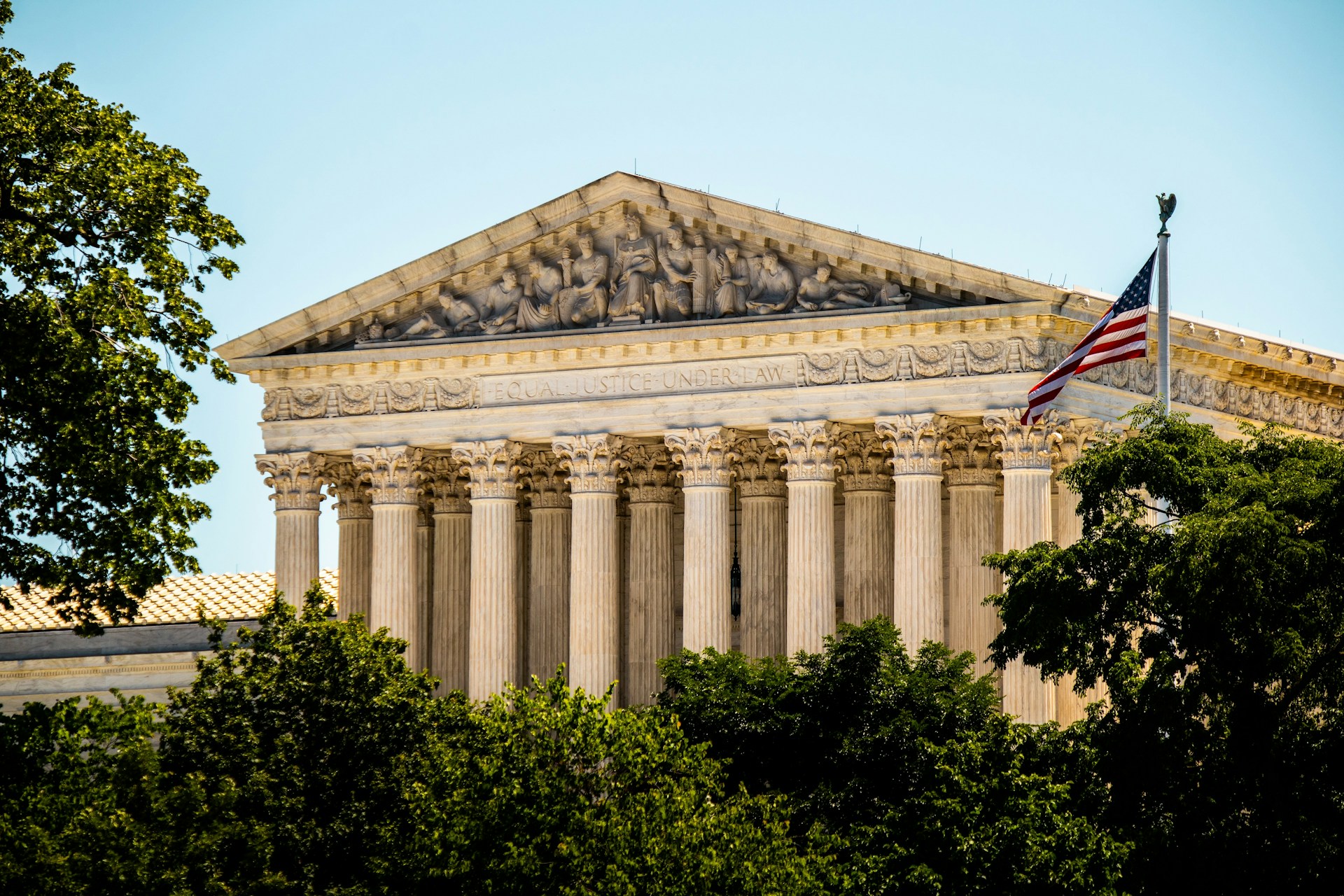
Unsplash user Jimmy Woo
Tong emphasized that these laws are crucial for protecting public health and preventing the spread of avoidable diseases. The ruling confirms that the state acted within its rights.
Alito Controversy
Justice Samuel Alito, known for his strong religious convictions, has faced scrutiny amid this decision. Critics argue that his views could influence court rulings, though his stance on this case remains unclear.
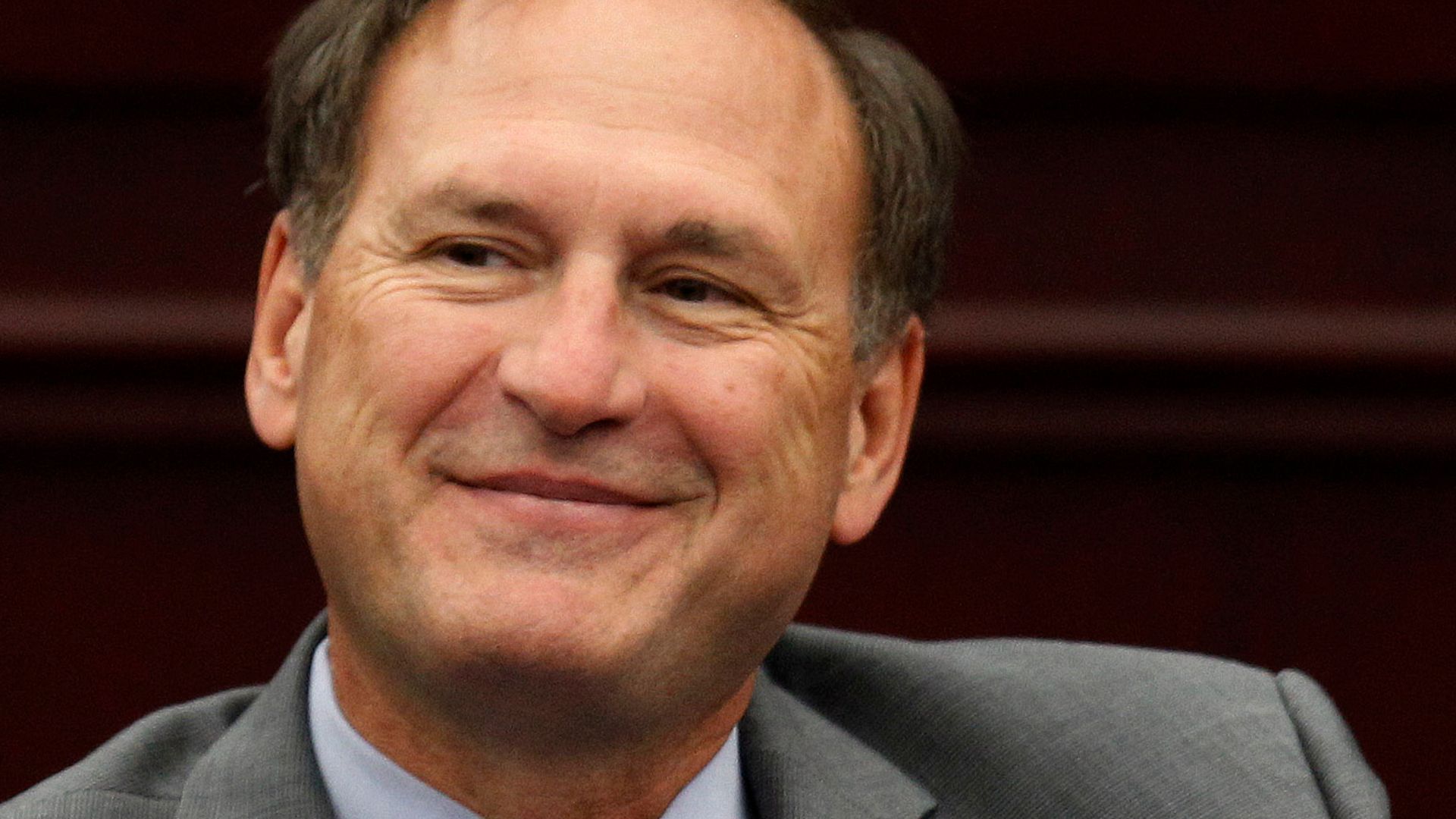
Source: JoshEllie1234/Wikimedia Commons
Alito has recently been under fire for displaying flags linked to Christian nationalism at his residence, adding to the controversy.
Religious Exemptions Still Available for Some
While the 2021 law applies to new enrollees, existing K–12 students who had already obtained religious exemptions were not affected.
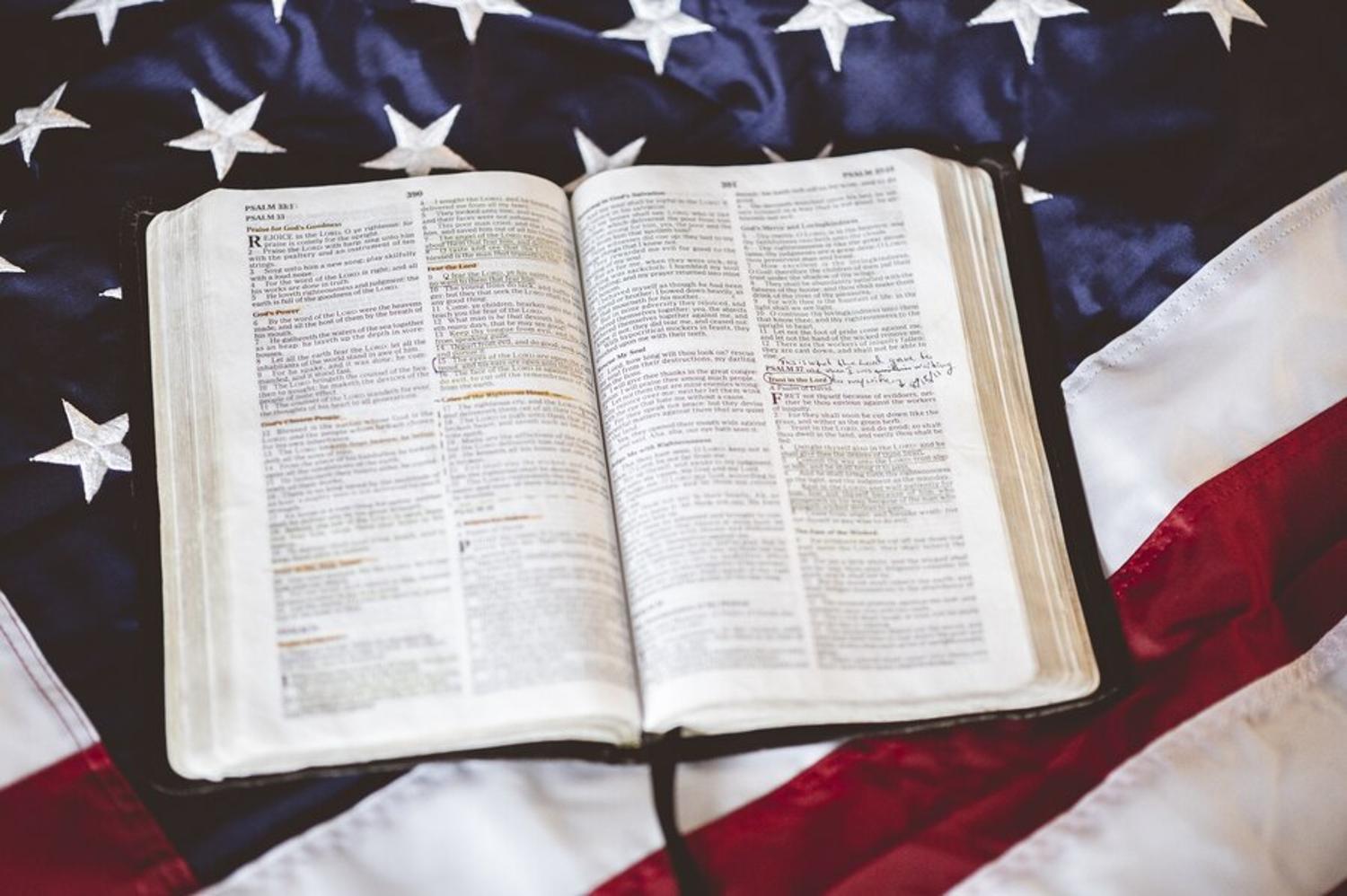
Source: Freepik
This aspect of the law aimed to balance public health needs with respect for previously granted religious waivers. However, it did little to appease opponents of the law.
Public Health Concerns
The Connecticut law was a response to public health concerns heightened by the COVID-19 pandemic.
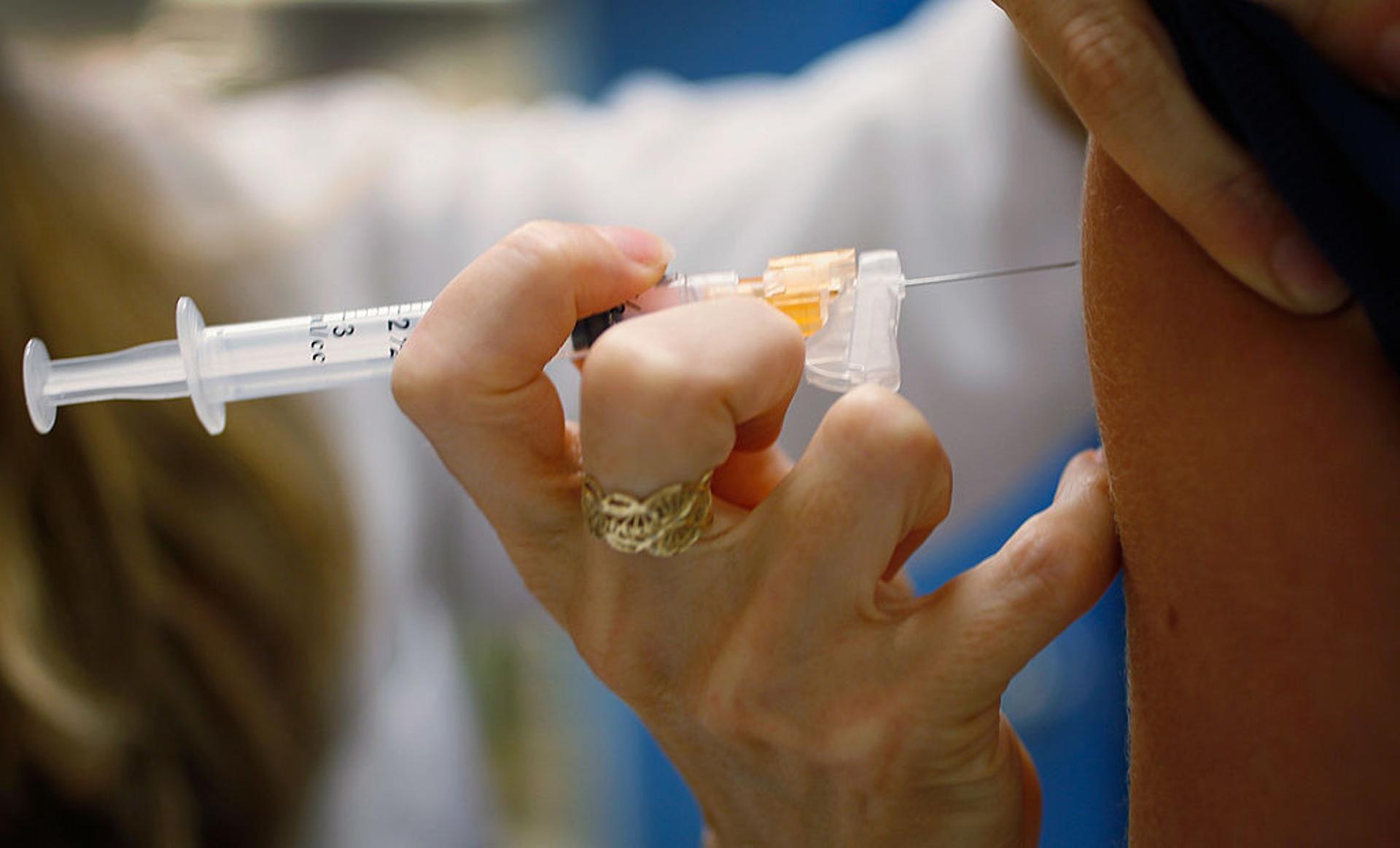
Source: Joe Raedle/Getty Images
With rising exemption requests, the state aimed to ensure higher vaccination rates to prevent outbreaks. The law’s enactment has been credited with stabilizing vaccination rates in schools.
Ongoing Legal Battles
Despite the Supreme Court’s decision, We The Patriots USA continues to challenge the law through other lawsuits. One notable case involves a Christian preschool and childcare center.
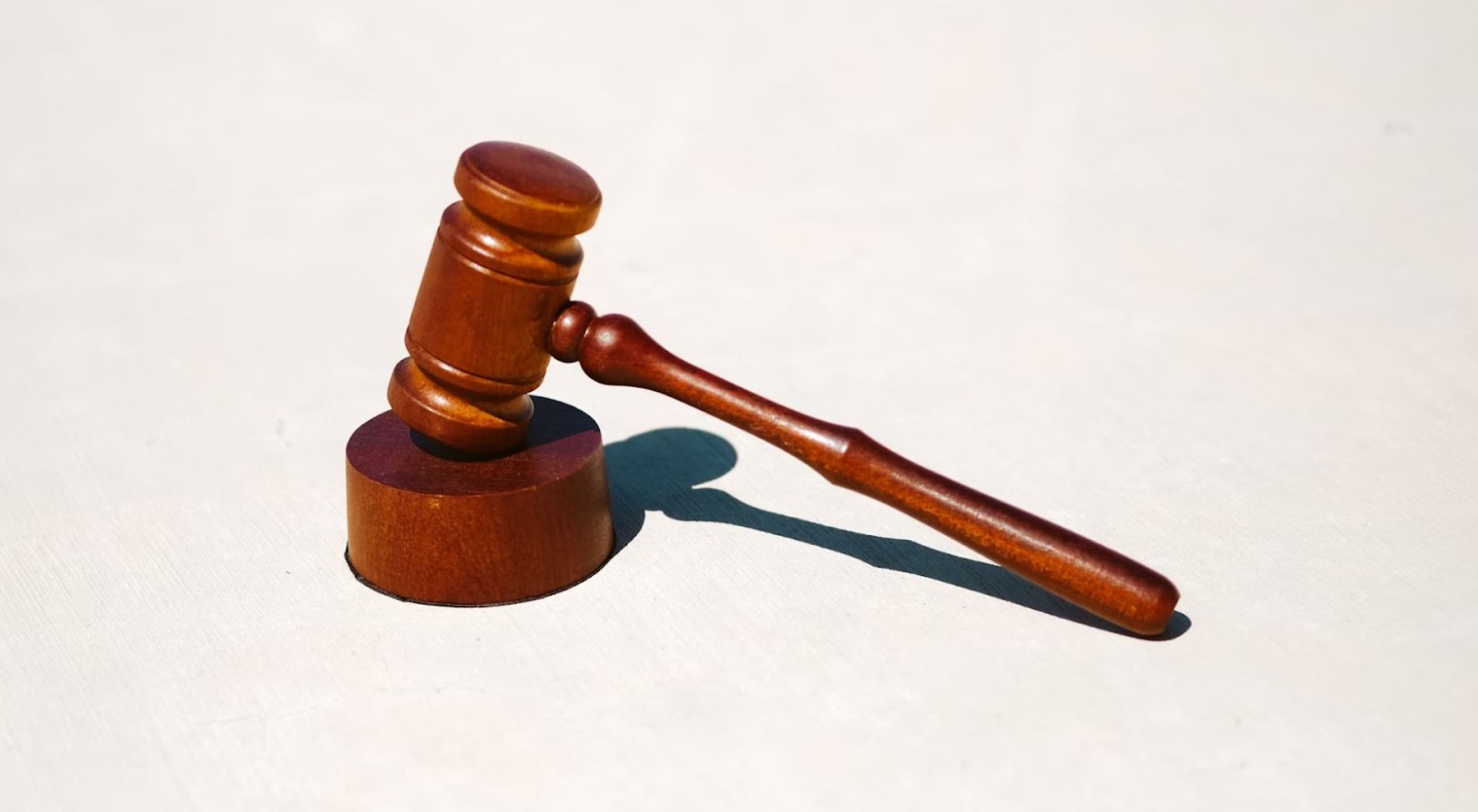
Source: Tingey Injury Law Firm/Unsplash
Brian Festa emphasized that their strategy involves multiple legal fronts, not relying on a single case.
Educational Impact
Connecticut’s law has had a significant impact on the state’s educational institutions. Schools have reported fewer outbreaks of preventable diseases since its enactment.
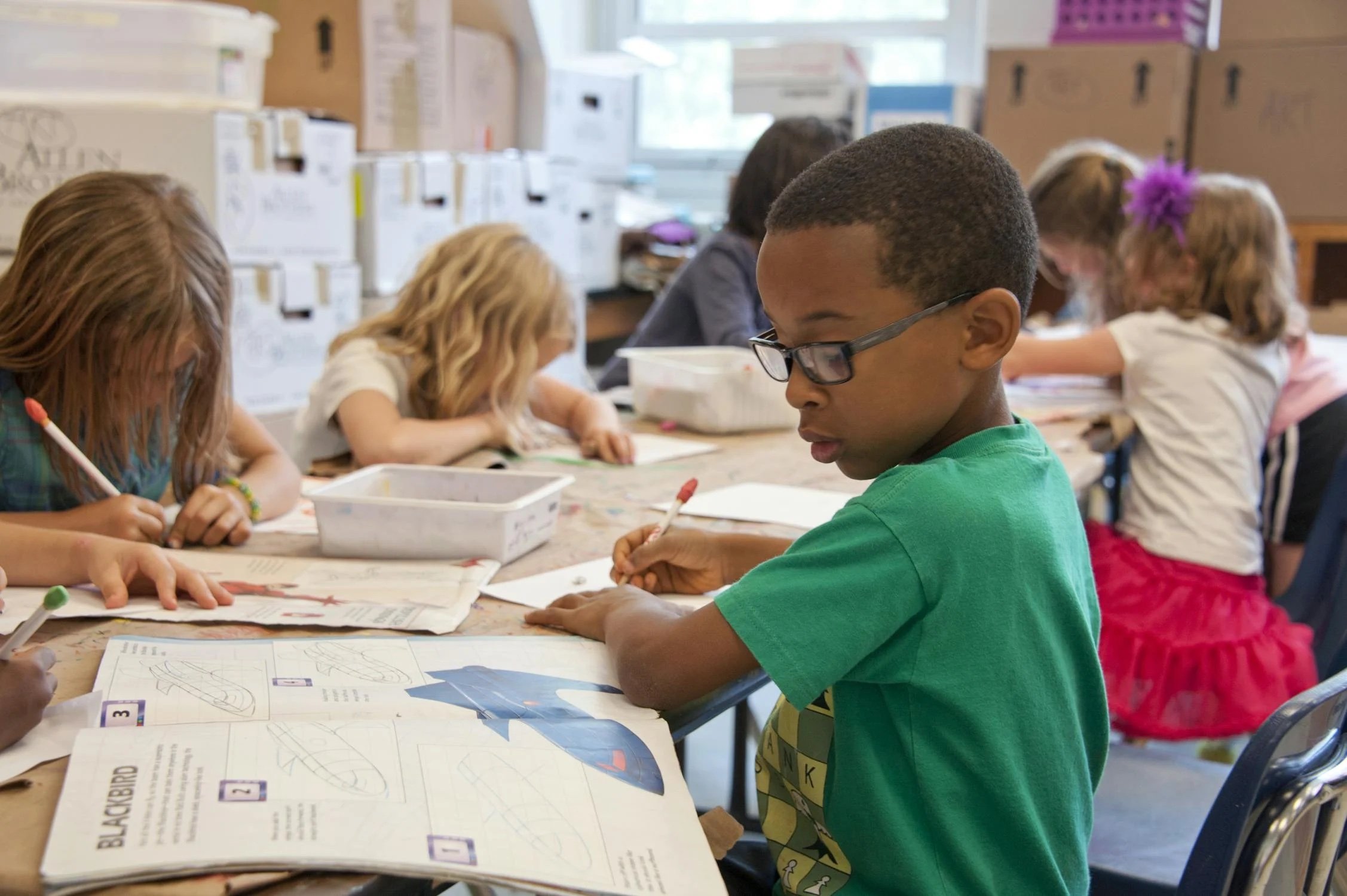
Source: CDC/Pexels
This has underscored the importance of vaccination in maintaining a safe and healthy school environment.
Community Reactions
The community response to the law and the Supreme Court’s decision has been mixed. While some parents support the law for its public health benefits, others feel it infringes on their religious freedoms.
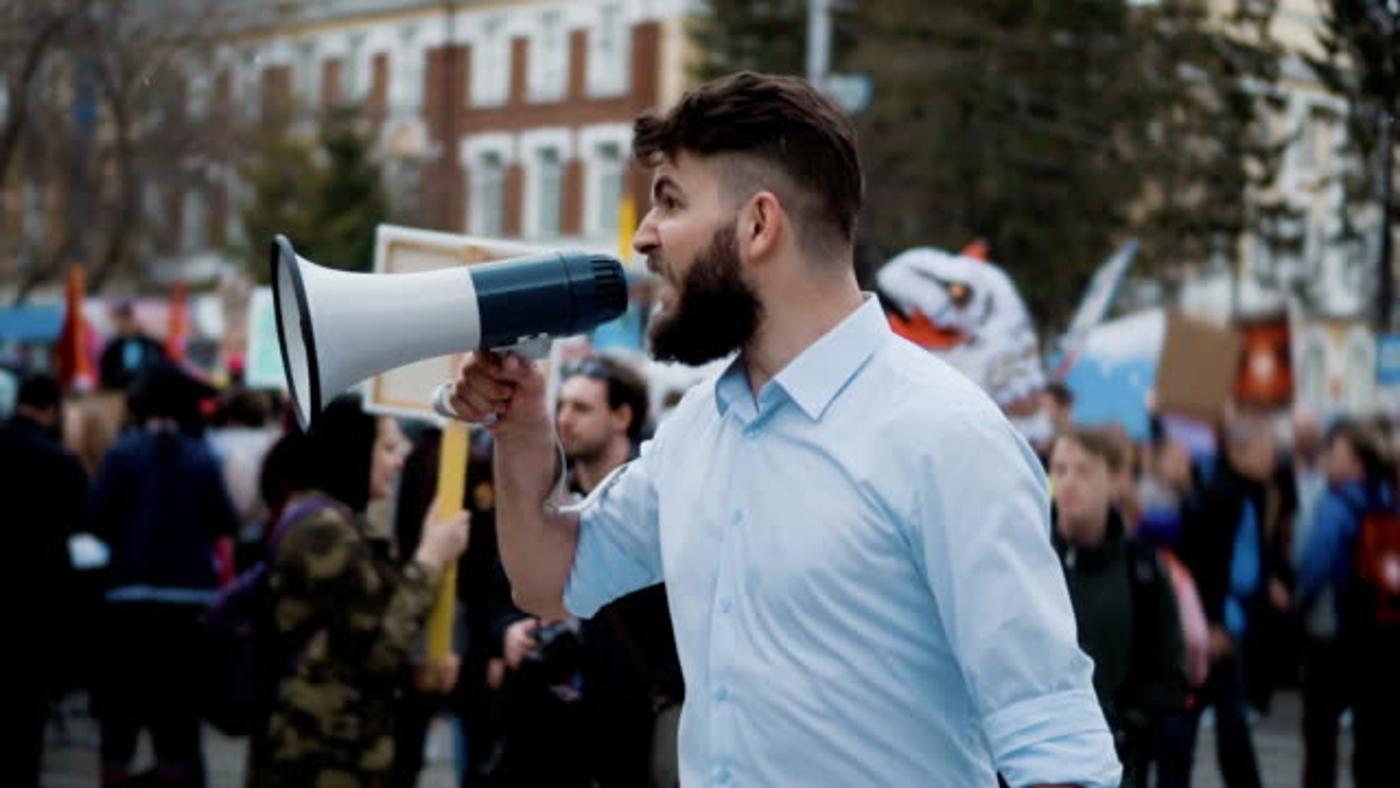
Source: iStock
This division highlights the ongoing debate between public health and individual rights.
Future Implications
The Supreme Court’s decision may set a precedent for other states considering similar laws. As public health remains a critical concern, more states might follow Connecticut’s example to eliminate religious exemptions for vaccinations.
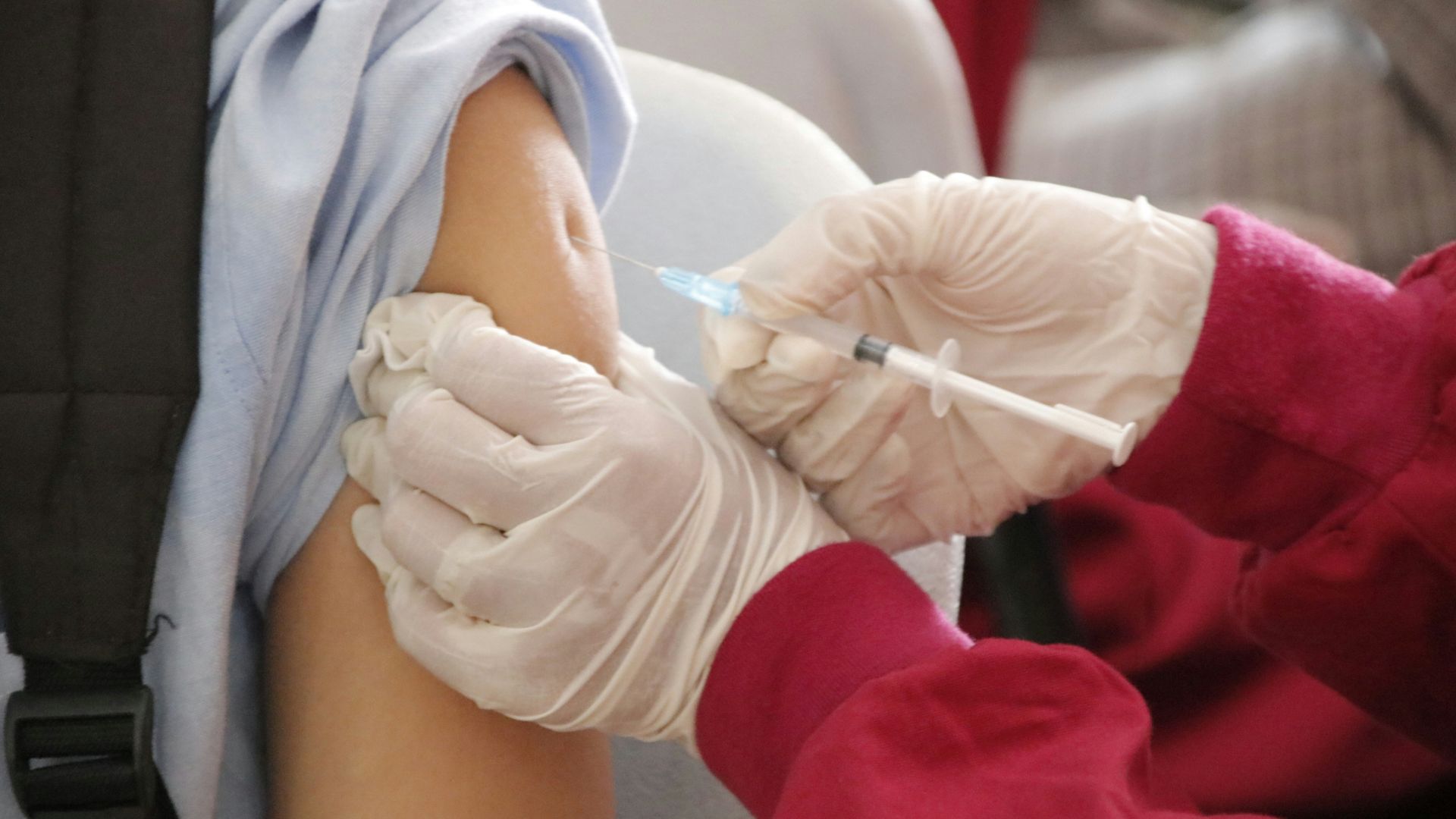
Source: Ed US/Unsplash
This case could influence future legislation nationwide.
